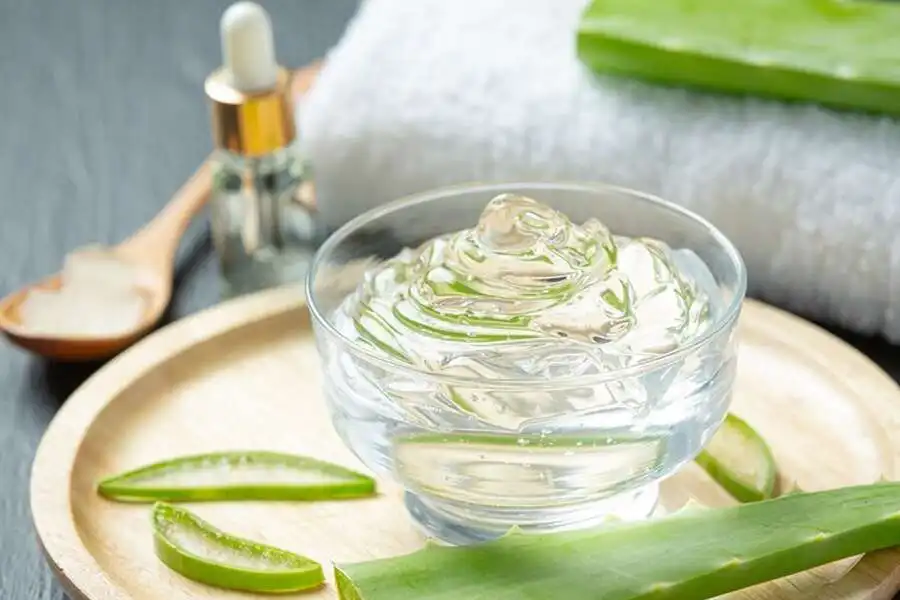The key to achieving vibrant, youthful, and radiant skin lies in the levels of collagen within our bodies. Collagen, a vital protein naturally found in our body, enhances skin health. It’s distributed throughout ligaments, adipose tissue, and tendons, supporting bone structure. Optimal collagen levels in cells are essential for promoting healthy and improved skin. Let’s explore effective methods to enhance collagen production in our bodies.
Ways To Boost Collagen Levels
1. Stay Hydrated
Did you know that staying hydrated plays a vital role in collagen synthesis? Water is essential for delivering nutrients to skin cells and maintaining skin structure. Research indicates that approximately 60 percent of collagen’s total weight consists of water.
Therefore, establishing a routine of regular water intake and incorporating hydrating foods such as cucumber and watermelon can enhance hydration levels. Maintaining hydration can elevate collagen levels, resulting in healthier, more radiant, and youthful-looking skin.

2. Protect Your Skin From UV Rays
Exposure to the sun’s harmful UV rays can result in the deterioration of collagen, leading to premature aging. Research indicates that UV light triggers the generation of free radicals, causing oxidative stress in skin cells. This process induces inflammation and breaks down collagen and elastin. Additionally, UV rays stimulate free radical activity associated with collagen degradation by activating receptors on the surface of epidermal cells. It’s essential to apply sunscreen with an appropriate SPF to safeguard your skin and enhance collagen production. In addition to sunscreen, wearing hats and sunglasses can also provide protection against the harmful effects of UV exposure.
3. Exercising Regularly
You might be surprised to learn about the connection between exercise and the protein found in our skin. Indeed, it’s true – regular exercise enhances blood circulation, facilitating the delivery of nutrients to skin cells and promoting collagen synthesis. Integrating activities such as yoga, brisk walking, or weight training into your daily regimen can promote overall skin health.
Natural Products That Boost Collagen
1. Aloe vera

Aloe vera gel, an age-old herbal remedy, has long been utilized for its healing and wound-soothing properties. Studies suggest that aloe vera not only enhances collagen production but also aids in the treatment of cuts and burns. The increase in collagen resulting from aloe vera application is what facilitates the healing of cuts and wounds. Whether ingested orally or applied topically to the skin or wounds, aloe vera’s collagen-boosting effects contribute to its ability to prevent aging and support skin health, ultimately enhancing skin quality.
2. Foods Rich In Vitamin C

As per research findings, Vitamin C is essential for preserving a healthy, mature collagen network in humans, preventing conditions like scurvy, by inhibiting the self-destruction of two crucial enzymes involved in collagen creation: lysyl and prolyl hydroxylase. Incorporating vitamin C-rich foods such as oranges and lemons into your diet can enhance collagen synthesis, resulting in vibrant and nourished skin.
3. Cilantro
Cilantro, also known as coriander leaf, is a commonly used herb in various dishes. It contains vitamin C, which, as mentioned earlier, aids in increasing collagen production. Research indicates that cilantro contains linolenic acid, known for its anti-aging properties for the skin. Additionally, cilantro is rich in antioxidants, which combat free radicals and enhance collagen synthesis. It can be ingested orally by incorporating it into recipes or making juice from it.
By following the above tips to boost collagen in your body, you can help prevent skin aging and damage. Increased collagen levels naturally improve skin health, leaving you feeling youthful and vibrant.







